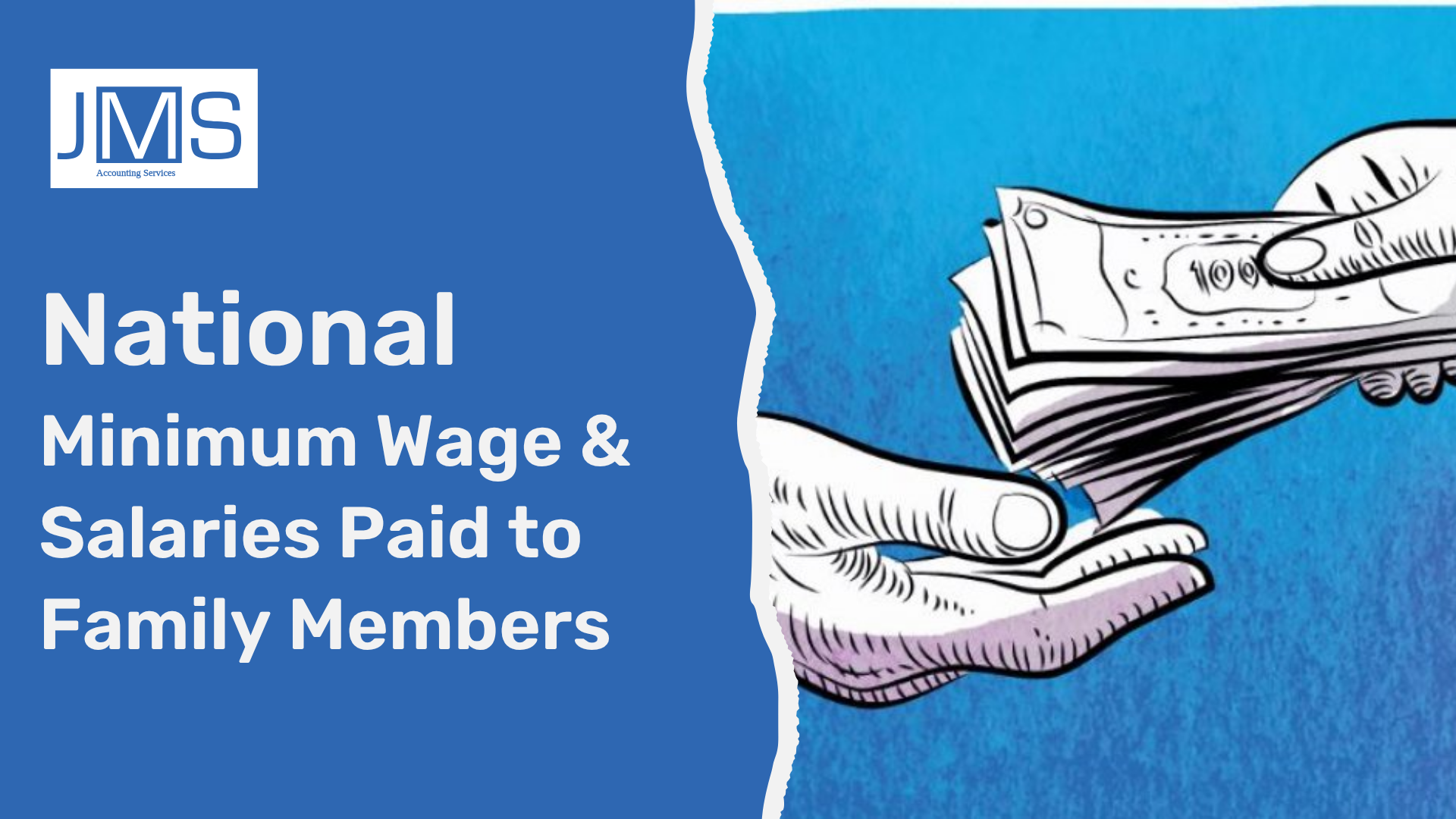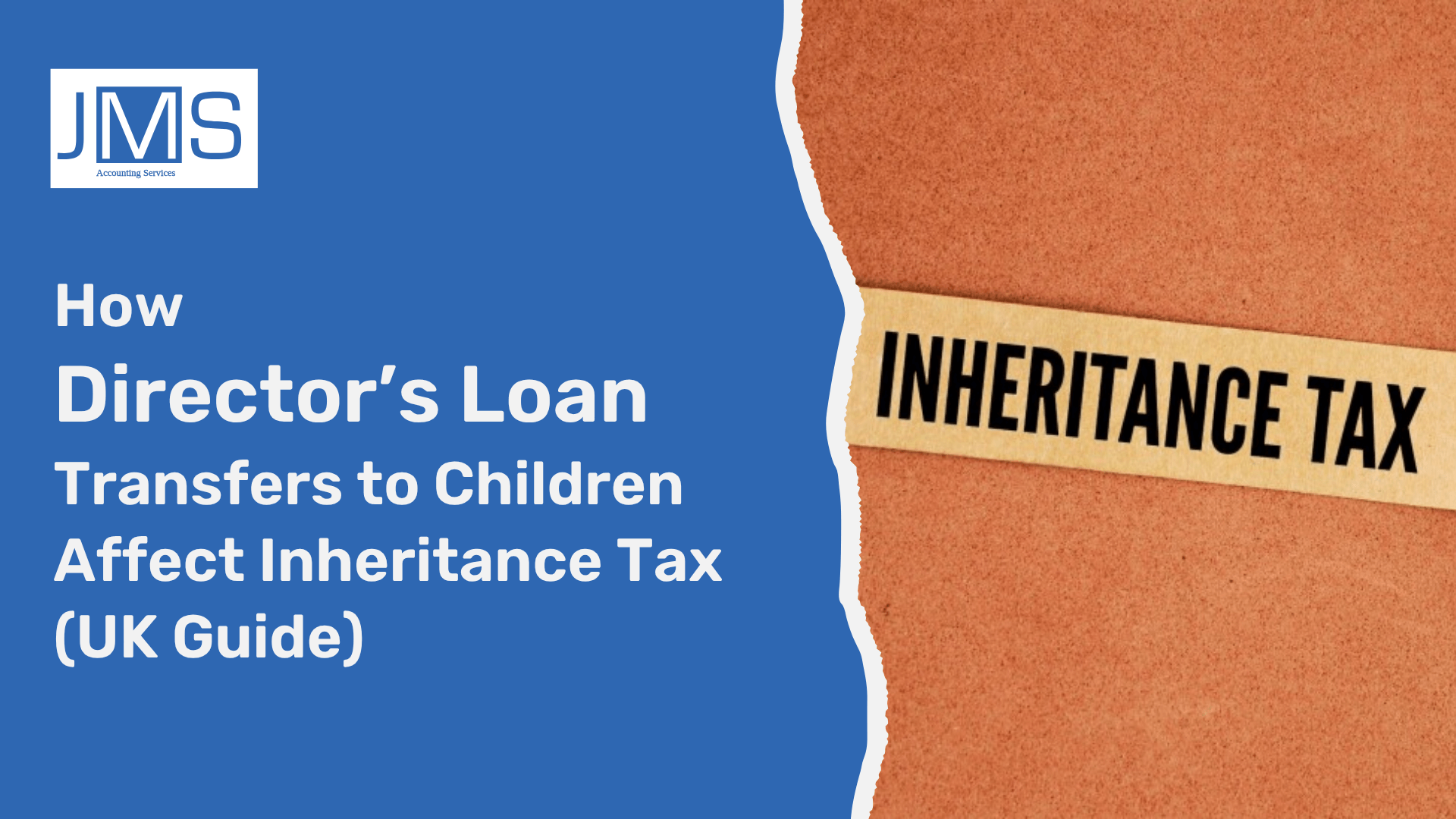
Legal Analysis: LLPs as a Structure for Property Investments in the UK
Introduction This enquiry considers the use of limited liability partnerships (LLPs) as a structure for property investments in the UK. The analysis addresses the legal, tax, and operational considerations, as well as the advantages and disadvantages of LLPs compared with other investment vehicles. It draws from legislation, case law, and regulatory guidance, and is aligned with practical implications for investors. 1. Legal Structure and Regulatory Framework An LLP is an incorporated entity that combines features of a partnership and a limited company. Key Source: Limited Liability Partnerships Act 2000 (LLPA 2000). 2. Management and Internal Arrangements 3. Liability and Risk







